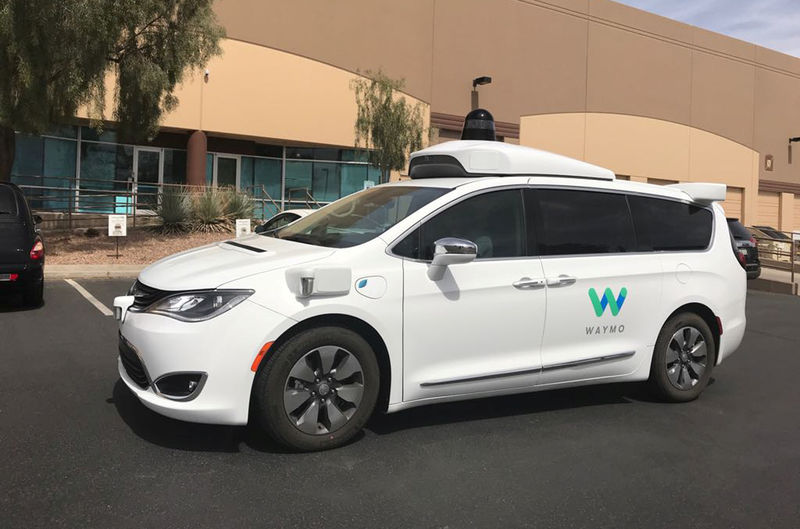By David Shepardson
WASHINGTON (Reuters) - Two key committees in the U.S. Congress on Tuesday said they will revive efforts to pass long-stalled legislation to speed the adoption of self-driving cars.
The House Energy and Commerce Committee and Senate Commerce Committee sent automakers, safety groups and others interested in the bill a request for input and said they were working on a "bipartisan and bicameral basis to develop a self-driving car bill."
In December, Congress abandoned efforts to pass legislation on self-driving cars before it adjourned, in a blow to companies like General Motors Co (NYSE:GM) and Alphabet (NASDAQ:GOOGL) Inc's Waymo unit.
The Alliance of Automobile Manufacturers, representing General Motors, Volkswagen AG (DE:VOWG_p), Toyota Motor Corp and others, praised the announcement.
"Right now various countries are exploring regulations that will shape the future of autonomous vehicles, and the U.S. risks losing its leadership in this life-saving, life-changing technology, so we urge Congress to move forward now, this year," spokeswoman Gloria Bergquist said.
The letter sought input by Aug. 23 on a variety of issues including federal rules - both current or new - testing, privacy, disability access, cybersecurity, consumer education and crash data.
The U.S. House unanimously passed legislation in September 2017 by voice vote to speed the adoption of self-driving cars, but it stalled in the Senate last year. Despite a series of concessions by automakers, the bill could not overcome objections of some Democrats who said it did not do enough to resolve safety concerns.
Under the prior legislation, automakers would have been able to win exemptions from safety rules that require human controls. States could set rules on registration, licensing, liability, insurance and safety inspections but not set performance standards.
In October, the National Highway Traffic Safety Administration (NHTSA) said it was considering a pilot program to allow real-world road testing for a limited number of vehicles without human controls.
Automakers must currently meet nearly 75 auto safety standards, many of them written under the assumption that a licensed driver would be able to control the vehicle using traditional controls.
In January 2017, GM filed a petition with NHTSA seeking an exemption to deploy fully automated vehicles without steering wheels before the end of 2019; that petition was still under review.

Last week, GM's self-driving unit, Cruise, said it was delaying the commercial deployment of cars past its target of 2019 as more testing of the vehicles was required.